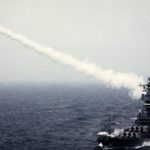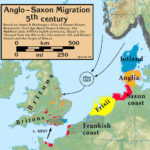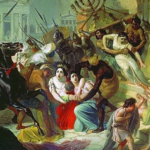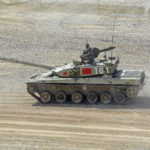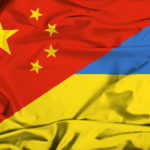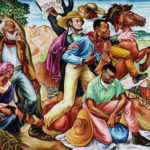Wars are preceded by orchestrated incidents. It took the USS Maine to be sunk to allow the United States to enter a war against Spain; then RMS Lusitania had to be sunk to prod the United States to participate in World War One; World War Two required the sinking of a number of US warships at Pearl Harbor; the Gulf of Tonkin incident allowed Americans to intensify their presence in Vietnam; President Bush needed the twin towers of the World Trade Center to tumble down to have the right pretext for the war against Afghanistan; President Bush senior used the hearsay that Baghdad stored weapons of mass destruction to invade Iraq; President Clinton needed mass graves and concentration camps to give the poor Serbs a sound thrashing; President Barrack Hussein Obama almost began escalating war in Syria after reports on poison gas use against civilians; based on similar reports, President Donald Trump did not shy away from giving the order to launch missiles against President Assad’s troops. So it goes.
When you need to win support of the people for a war, you have to shock them into action. Hence reports of insidious attacks, heinous atrocities and use of prohibited weapons that the enemy has allegedly resorted to. The most potent of them all is the suffering-children card; it was used during World War One: German soldiers allegedly thrust their bayonets through Belgian children’s bodies’; it was used in the run-up to the invasion of Iraq: Iraqi soldiers allegedly disconnected incubators with new-born babies in Kuwait, thus bringing about their instant death; it was used to make Europeans accept the flood of the Third World masses: the visual media bombarded them with the picture of a drowned boy. Now the same trump card has been used by Trump, the president: he pours his heart out to the sorry plight of – how on earth otherwise – children.
Never mind the prospective detente with Russia; never mind the election promises of pulling America out of policing the world; never mind the gratuitousness of a poison gas attack: someone in Washington saw it fit to take action and action was taken. Qui prodest? Continue reading

